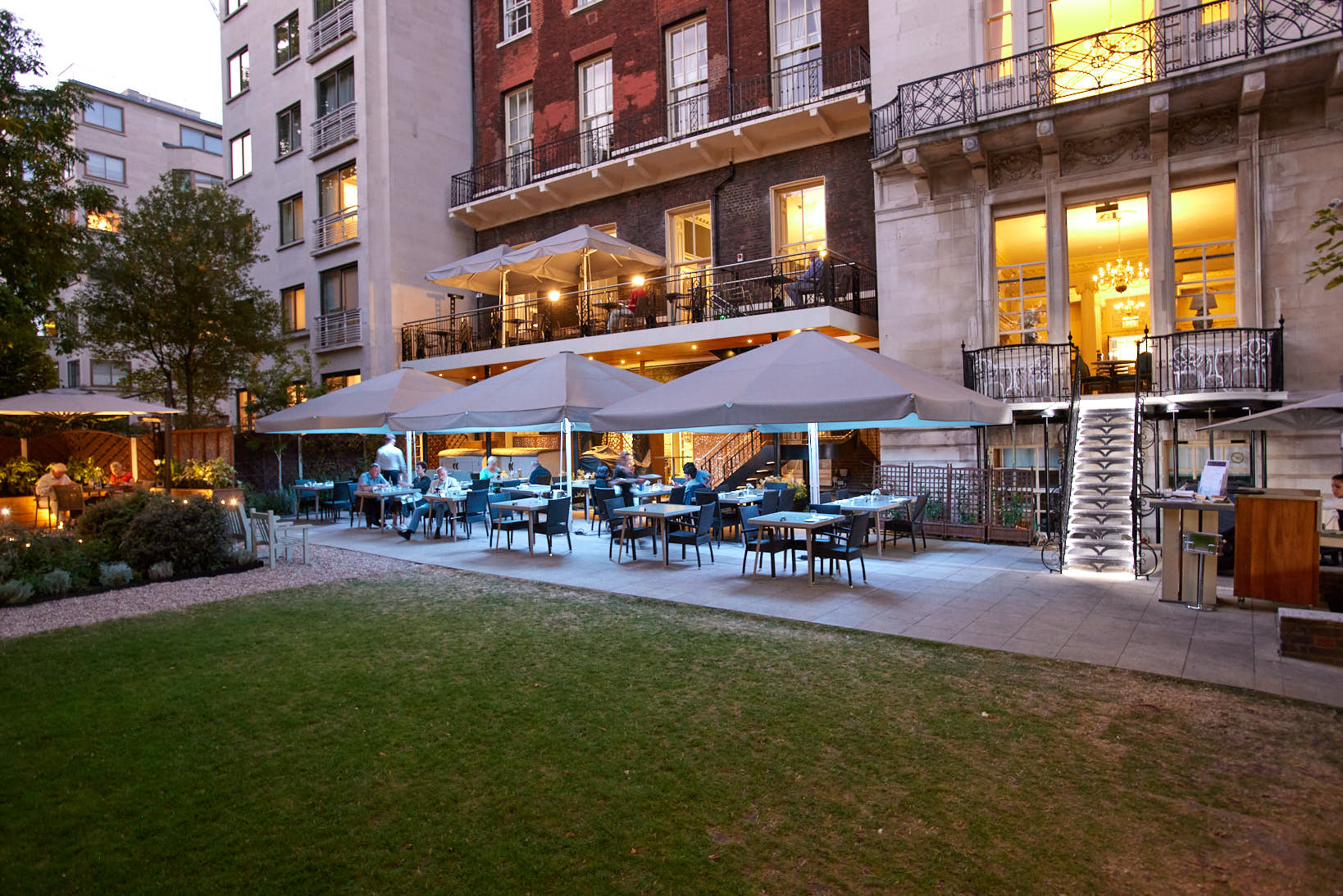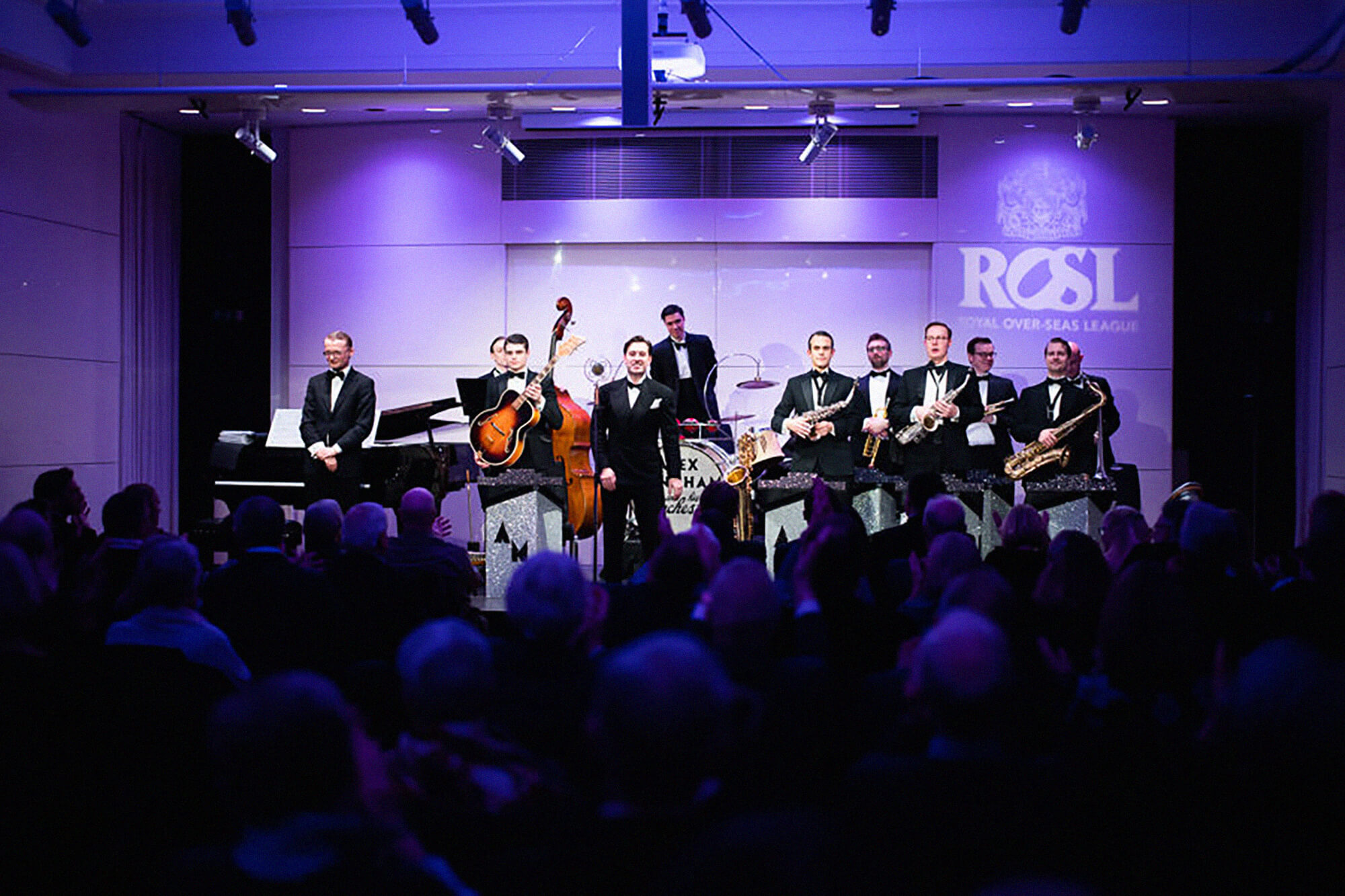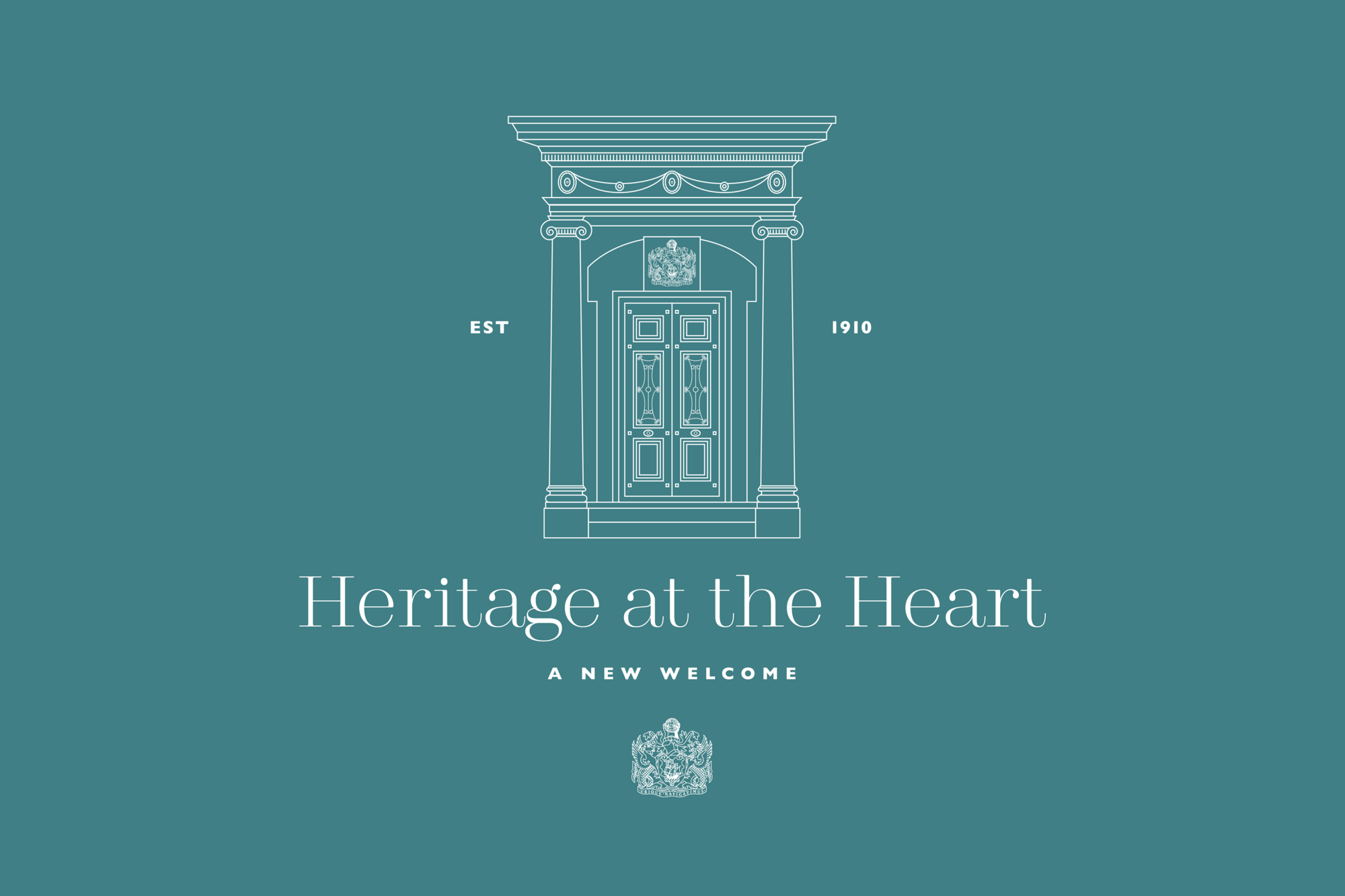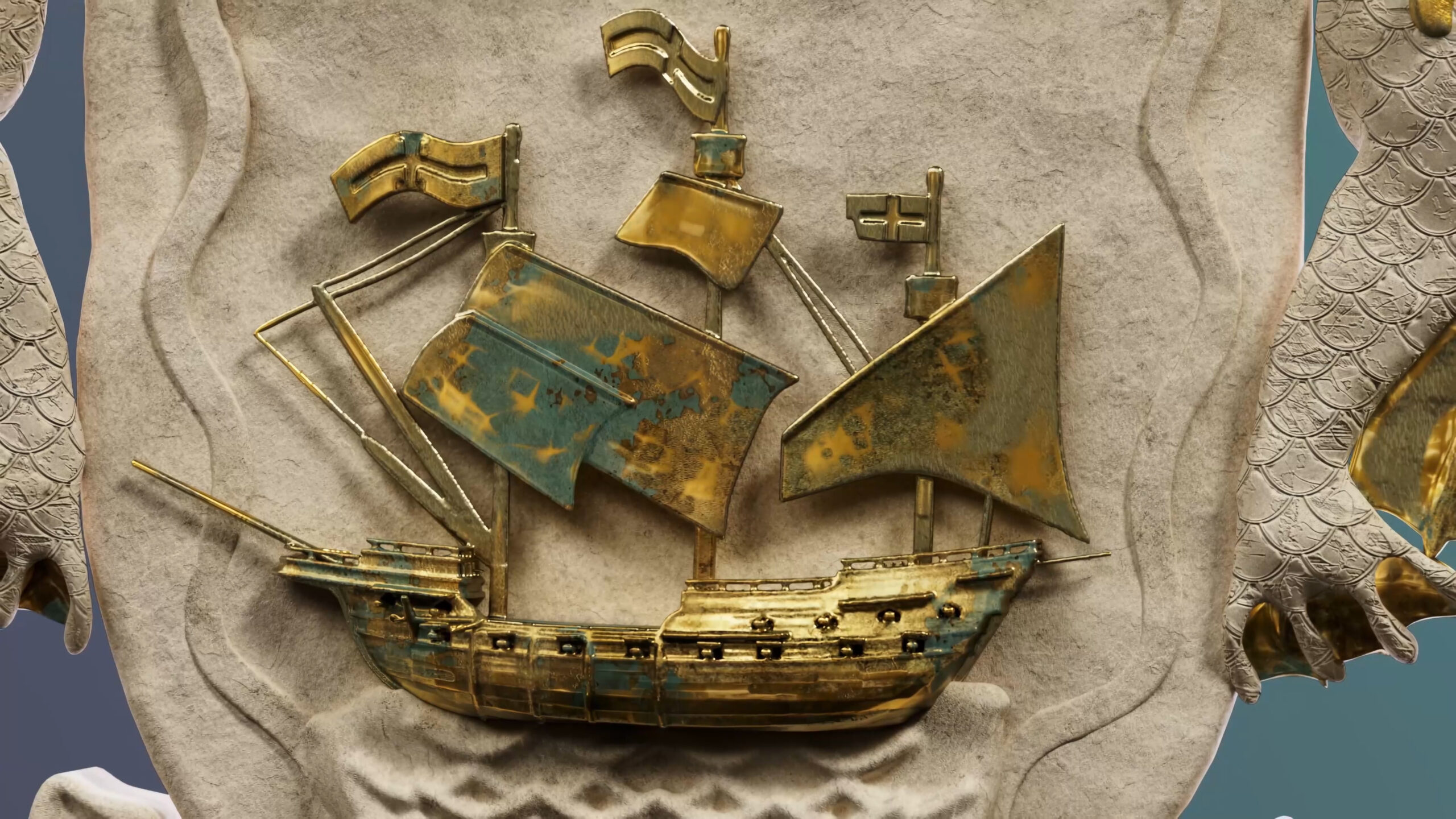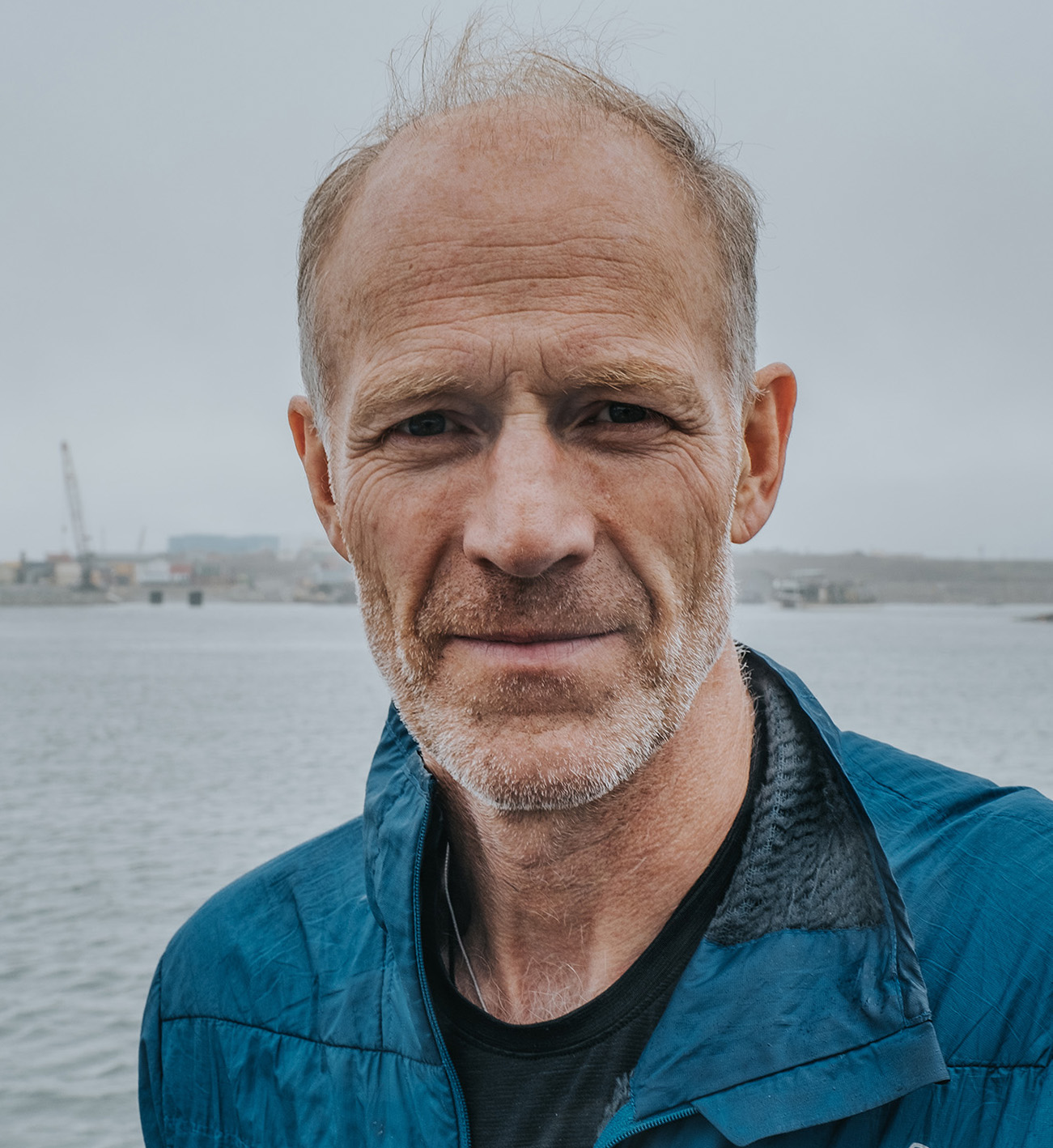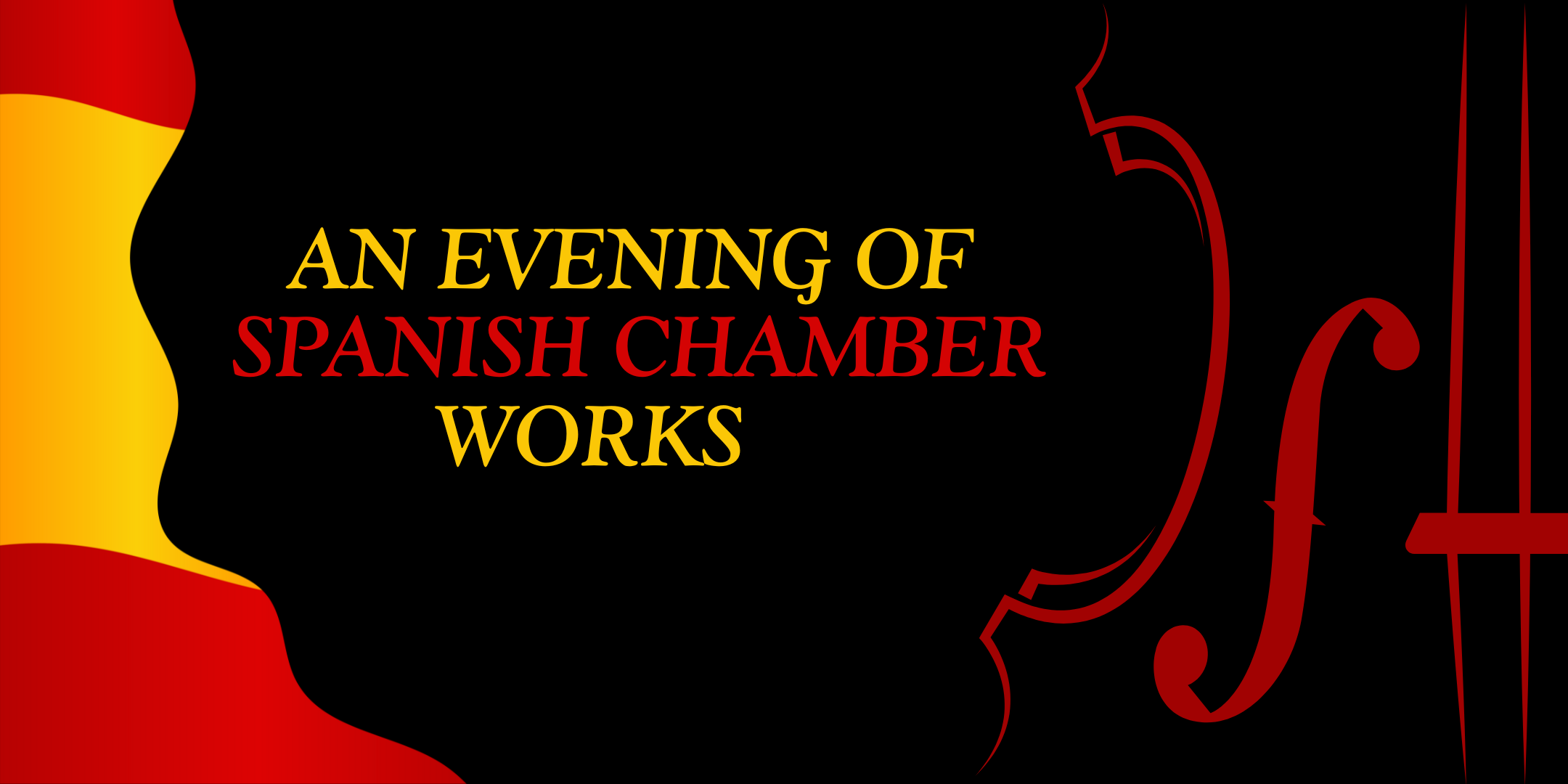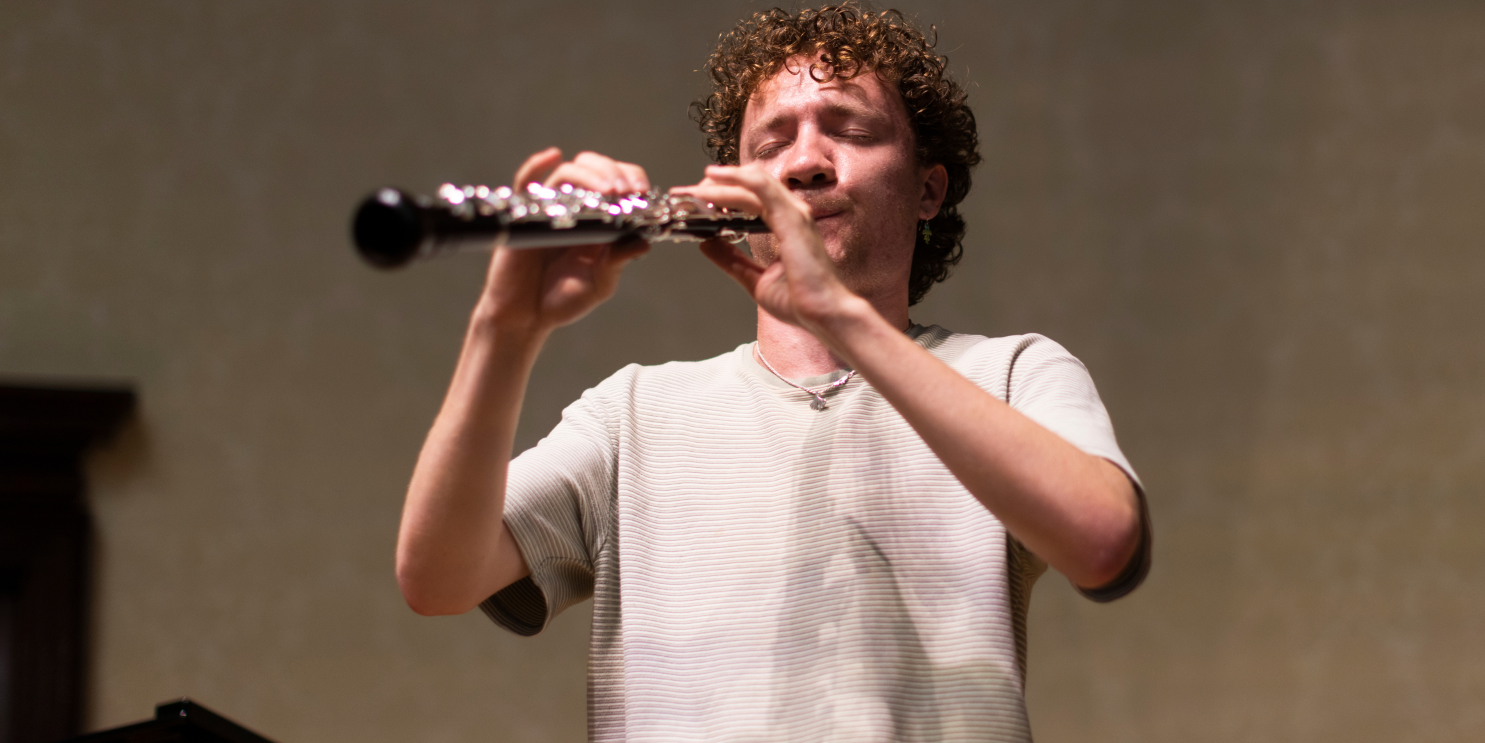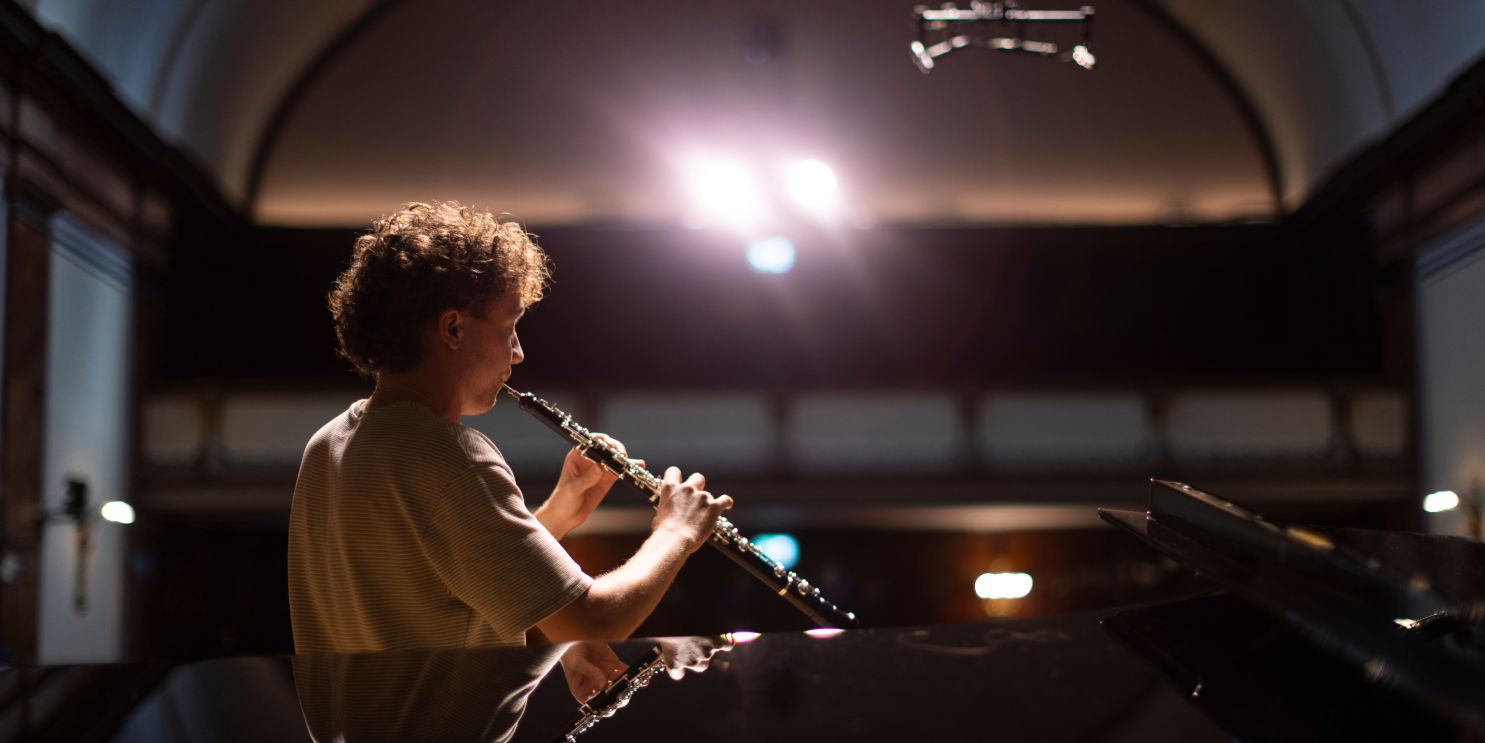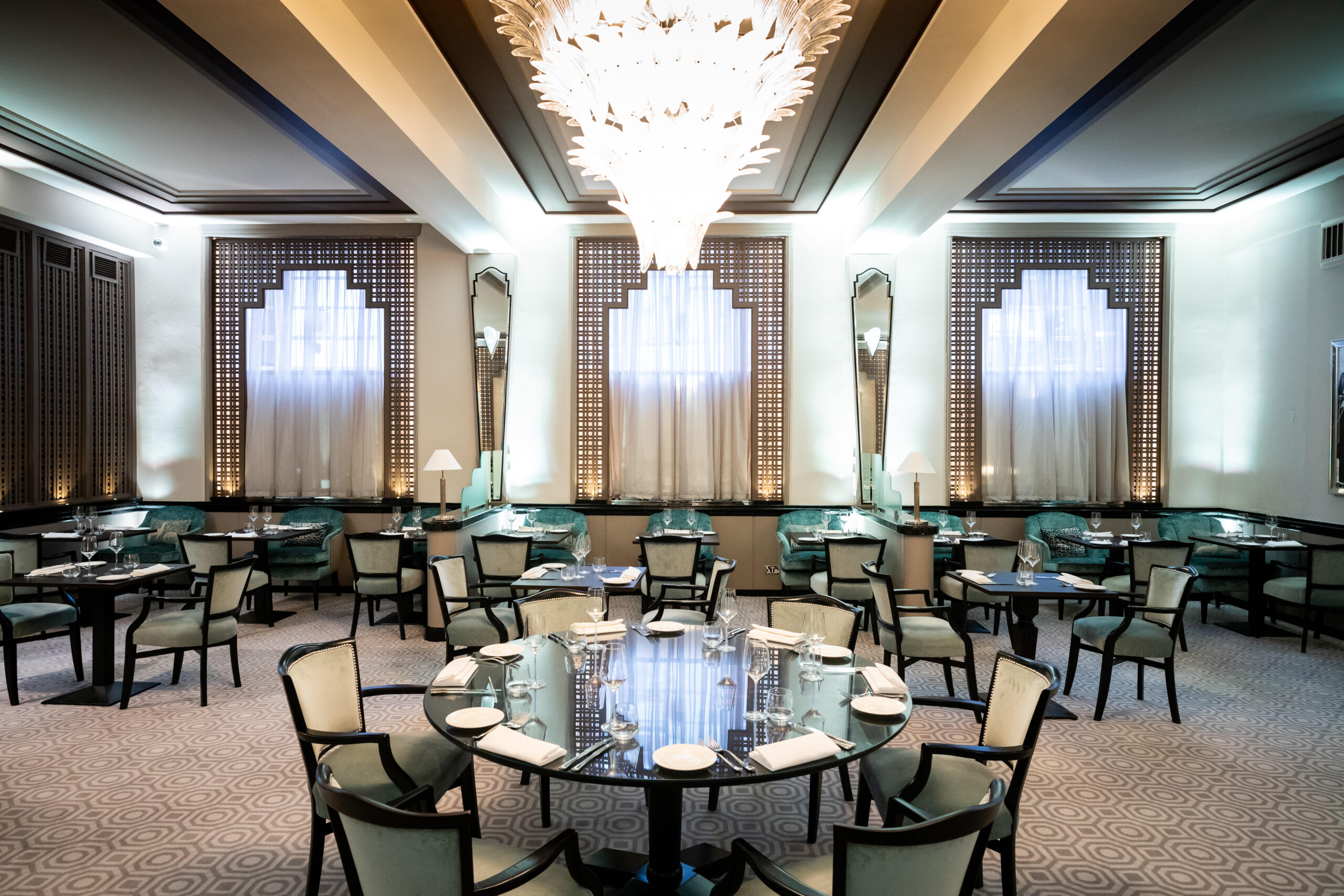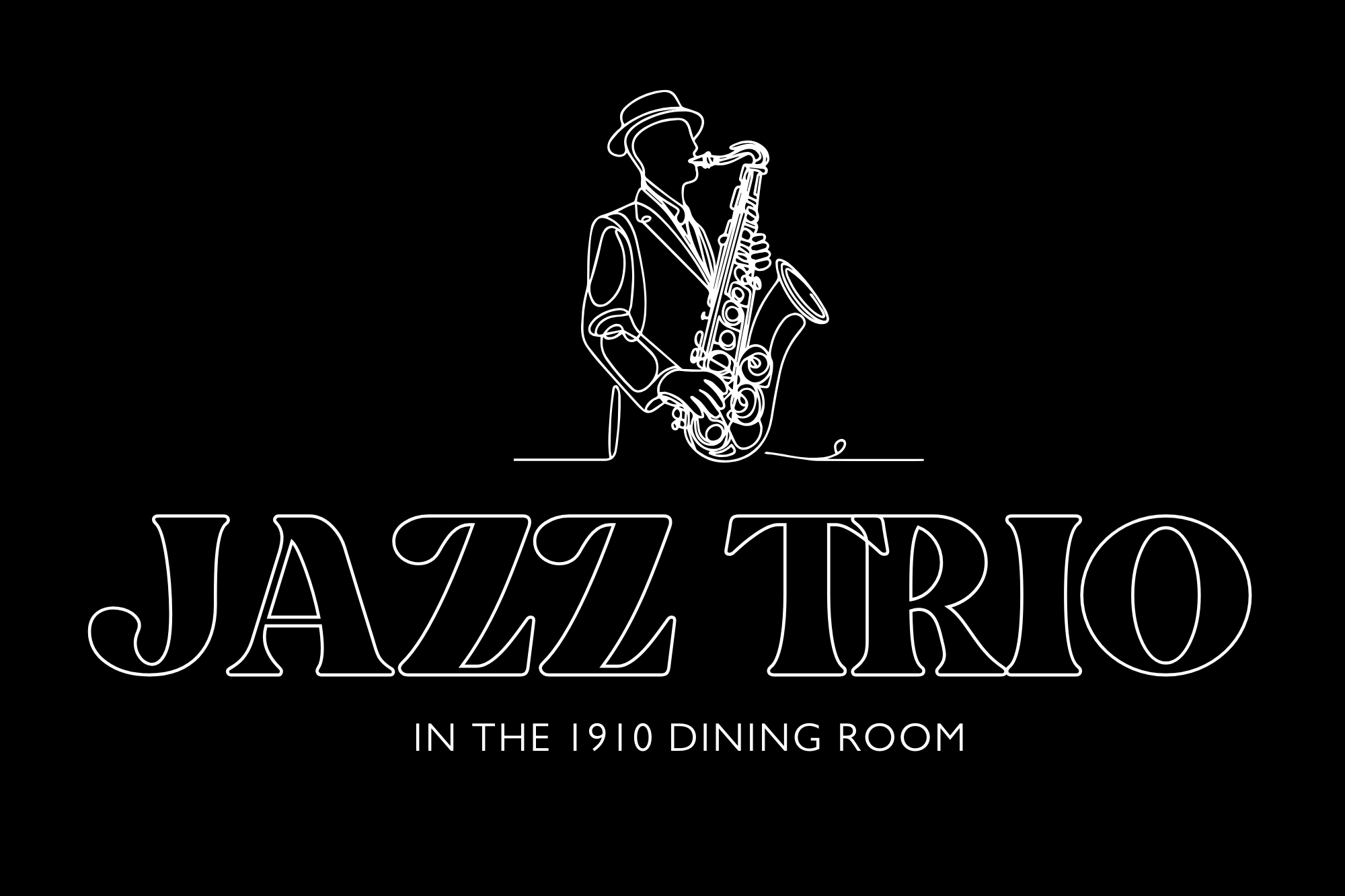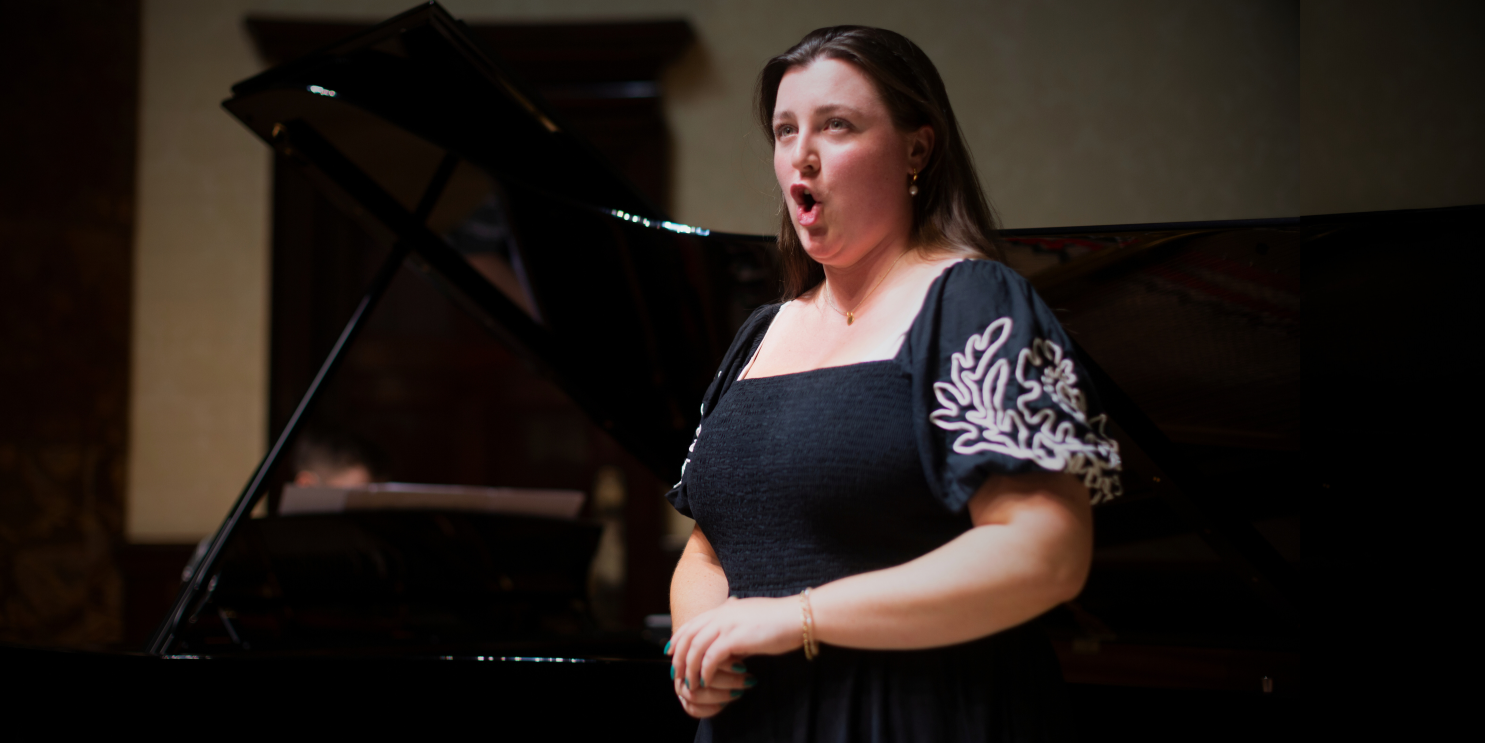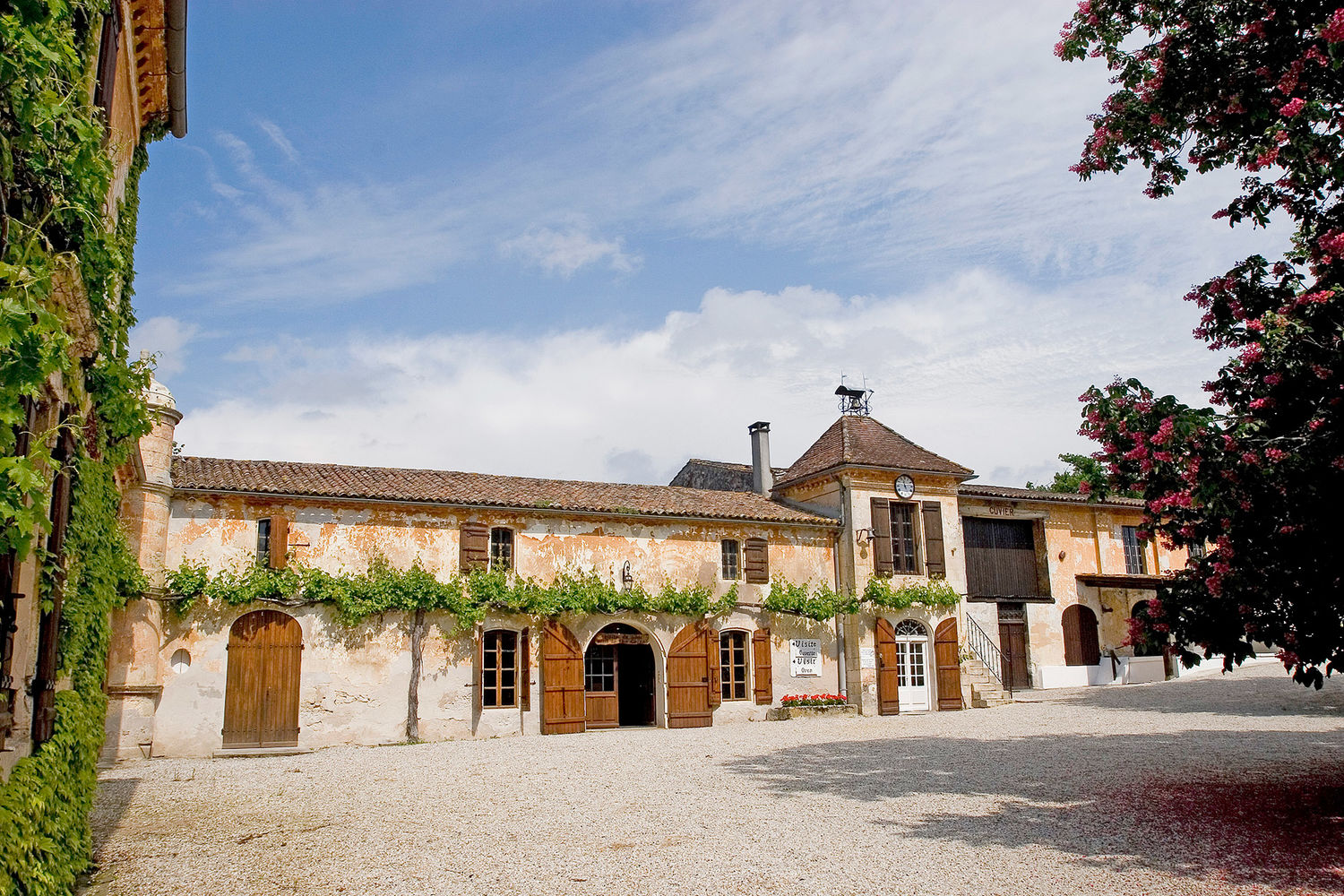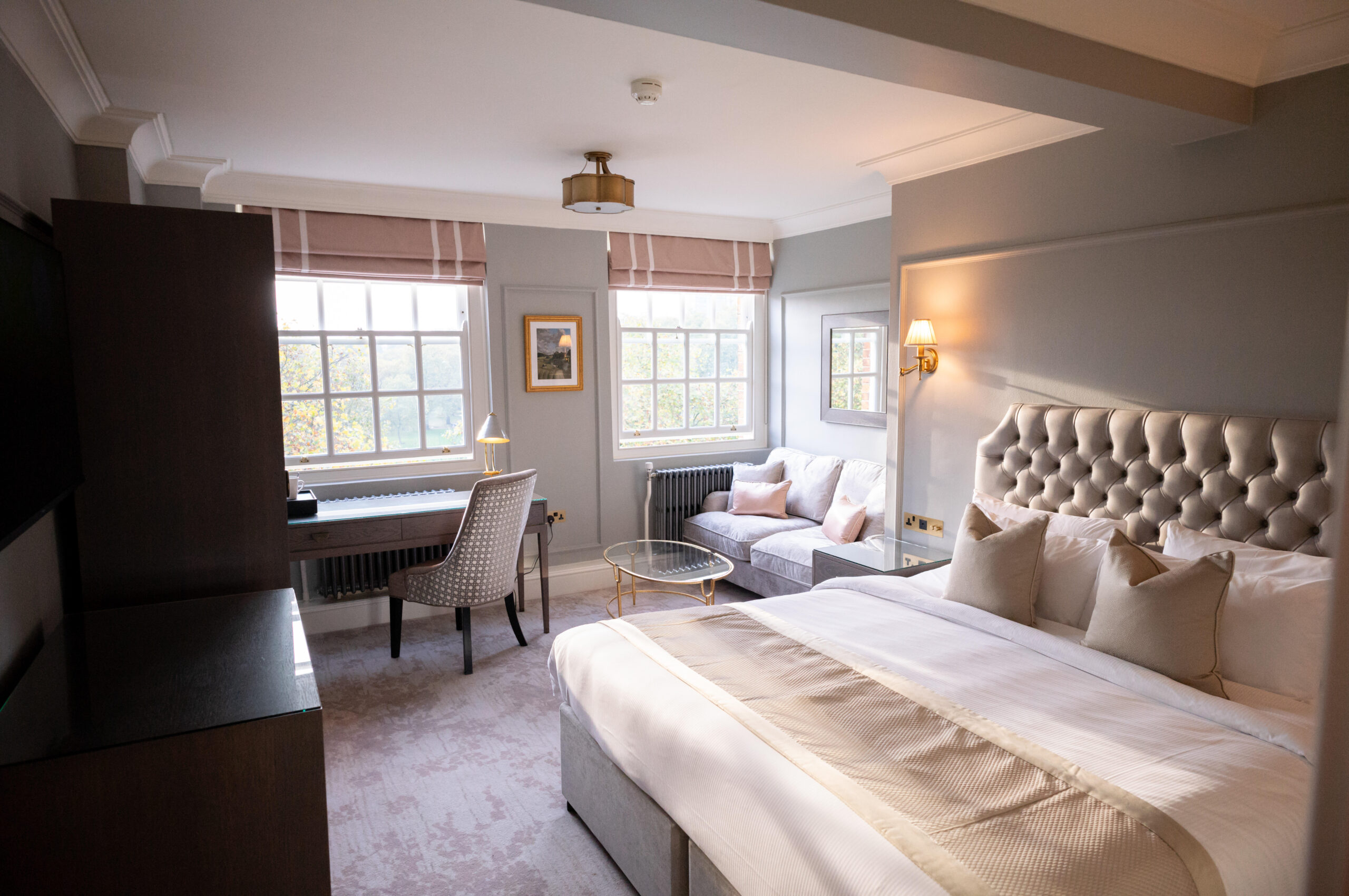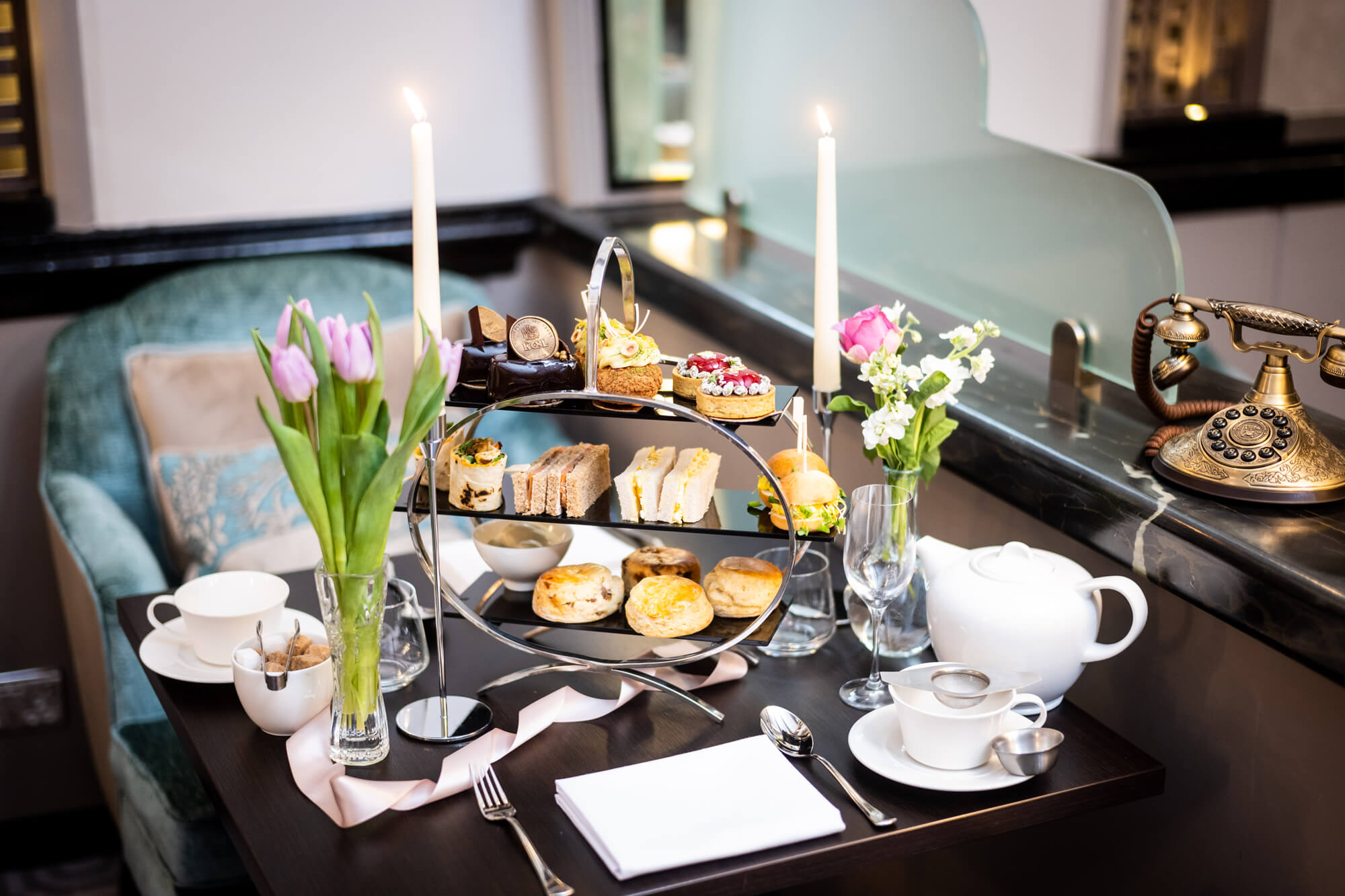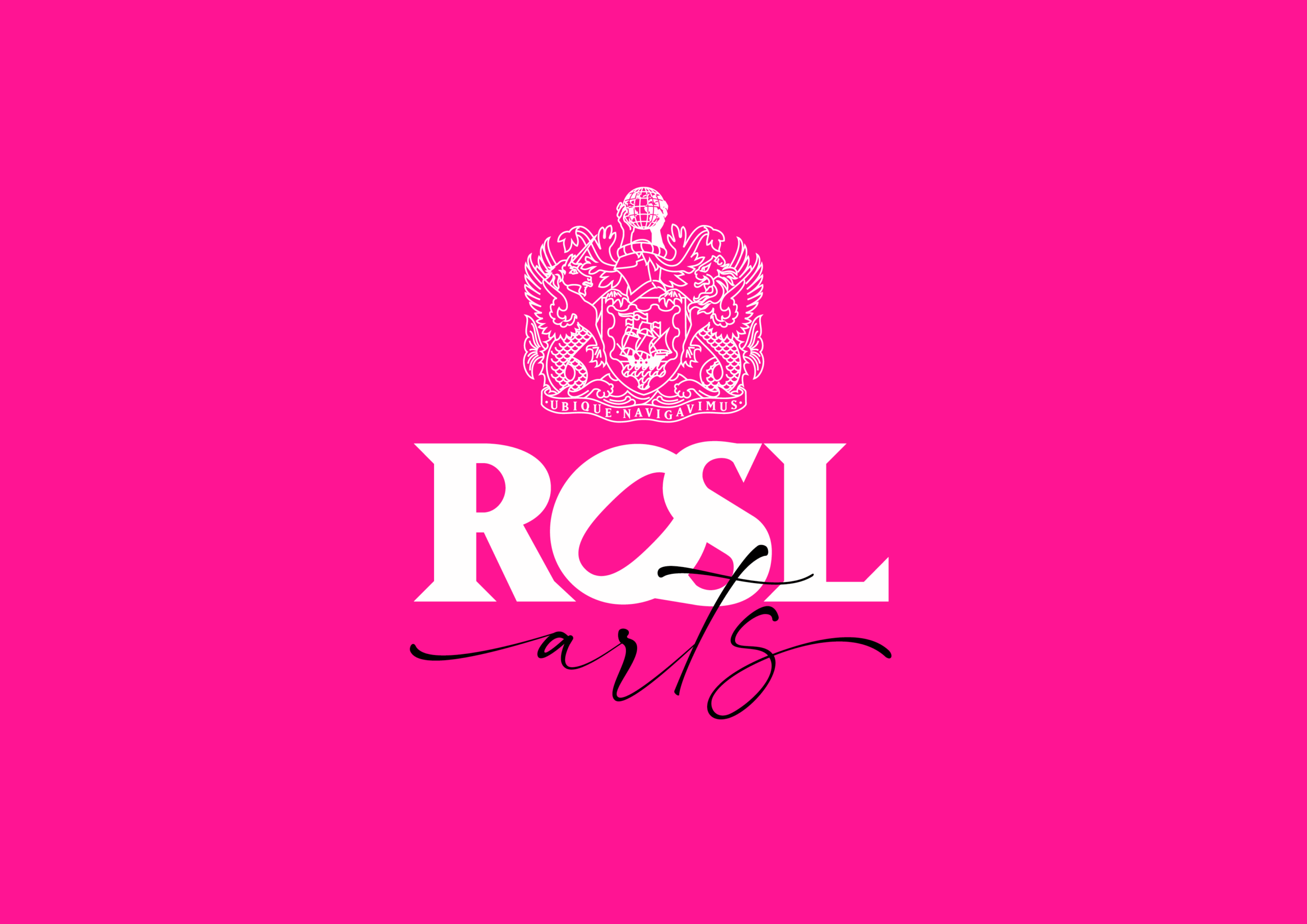- About Us
- Membership
- What’s On
- ROSL Events
- About Club Events
- Public Affairs
- Calendar of Events
-
Upcoming Events
-
Public Affairs Series: Børge Ousland
Mon. 02 February - 18:30
![Børge Ousland]()
-
An evening of Spanish Chamber Works
Wed. 04 February - 18:30
![ROSL_Arts_Spanish_Chamber_Event_Musica_En_Compostela]()
-
A Chinese New Year Celebration 2026: The Year of the Horse
Mon. 09 February - 12:00
![Chinese New Year celebration 2026]()
-
Wind, Brass & Percussion Section Final 2026
Tue. 10 February - 19:00
![ROSL_Arts_Events__2026_Music_Competition_WBP]()
-
Season Ticket – 2026 Annual Music Competition
Tue. 10 February - 19:00
![ROSL Annual Music Competition 2025]()
-
Classical Guitar Nights in the 1910 Dining Room
Fri. 13 February - 18:30
![Corporate Photographer London]()
-
Saturday Jazz Nights in the 1910 Dining Room
Sat. 14 February - 18:30
![Saturday Jazz Nights in the 1910]()
-
Jazz Trio in the 1910 Dining Room
Mon. 16 February - 18:30
![Jazz Trio in the 1910 Dining Room]()
-
Singers Section Final 2026
Tue. 17 February - 19:00
![ROSL_Arts_Events__2026_Music_Competition_Singers]()
-
Château La Tour de By: A Bordeaux Wine Dinner
Thu. 19 February - 18:45
![chateau-la-tour-de-by-2]()
-
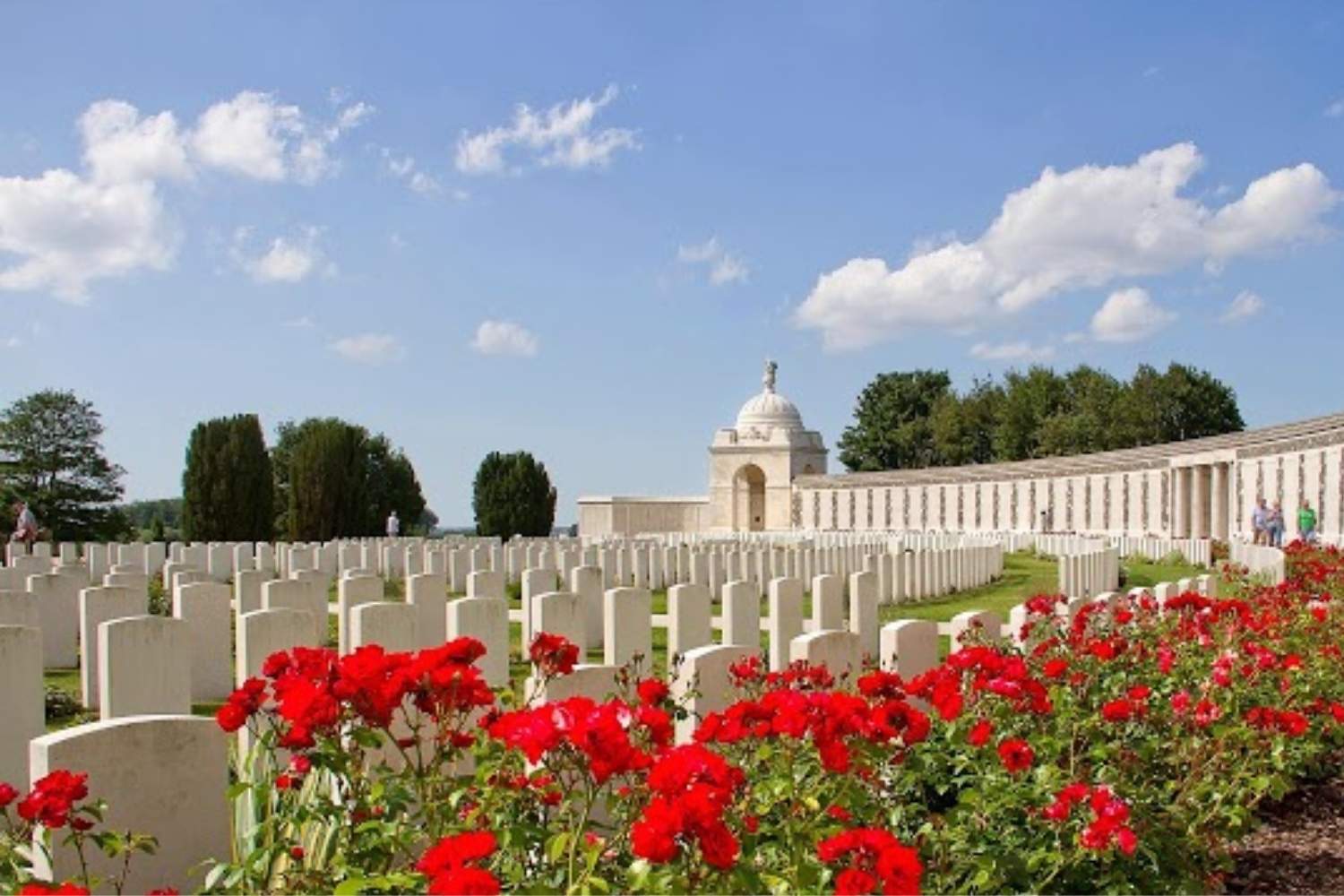
Commonwealth War Graves Commission
Why Remembrance Still Matters: Inside the Work of the Commonwealth War Graves Commission
27 June 2025
Read time: 3 Minutes
As conflict rages around the world, the act of remembrance becomes more vital than ever. Claire Horton CBE tells us how the work of the Commonwealth War Graves Commission continues commemorating those who have lost their lives in conflict.
The Global Mission of the Commonwealth War Graves Commission
Overseas Journal Editor discusses with Claire Horton CBE, Director General of Commonwealth War Graves Commission
Could you tell us a little about the work of the Commonwealth War Graves Commission around the world and its importance?
The Commonwealth War Graves Commission’s mission is to ensure those who died in service, or as a result of conflict, are commemorated so that they, and the human cost of war, are remembered forever. A global leader in commemoration, founded by Royal Charter in 1917, we work on behalf of the Governments of Australia, Canada, India, New Zealand, South Africa and the United Kingdom to commemorate the 1.7 million men and women from the Commonwealth who lost their lives in the two World Wars.
We believe that remembering individuals who have died in conflicts is of universal, perpetual relevance and that reflecting on their deaths is of continuing and paramount importance for us all. The cemeteries, memorials, graves, landscapes, and records in our care will be found at 23,000 locations and in more than 150 countries and territories. They are both the practical means of our commemoration of the fallen and vehicles for discovery, inspiration, and engagement.
Each one of those we commemorate were people like us, with their own ambitions, hopes, and dreams. It is our duty and privilege to care for their graves and memorials and through our charitable Foundation, keep their stories alive.
Why Remembrance Matters in Times of Modern Conflict
There is a huge amount of political unrest and active conflict taking place in the world right now, and the rolling news coverage means we’re more aware of it now than ever. How does the act of remembering and commemorating the war dead change in light of this?
It is worth noting that in 1922 HM King George V made a pilgrimage to the former Western Front to see for himself the work the Commission was doing. At one of the newly created cemeteries, he said; ‘We can truly say that the whole circuit of the Earth is girdled with the graves of our dead. In the course of my pilgrimage, I have many times asked myself whether there can be more potent advocates of peace upon the Earth through the years to come than this massed multitude of silent witnesses to the desolation of war.’
I think those words are as profound and relevant today as when they were spoken more than a century ago. Those who created the Commission did so not just to honour the dead and to bring comfort to the bereaved, but with the firm belief that common remembrance could prevent future conflict.
Now obviously, that sadly failed, but I and others still see CWGC as a force for good, a force for international diplomacy and an advocate for peace. Indeed, our stated mission is to ensure those who died in service, or as a result of conflict, are commemorated so that they, and the human cost of war, are remembered forever.
That unsaid power was perhaps most recently voiced or demonstrated by UNESCO’s inscription of 51 of our sites along the former western front as World Heritage Sites – recognising not just their historical significance but the role they play as reminders of the price we pay when diplomacy fails.
Although CWGC is still bound to commemorate those who died in the world wars, we do care for graves and casualties beyond those conflicts on behalf of our member governments, and more recently, our expertise has been sought on commemorative projects as diverse as the Covid-19 memorial to the LGBTQ+ armed forces memorial.
Claire Horton CBE on Leading the Commonwealth War Graves Commission
Could you tell us a little more about yourself and how you came to lead the organisation?
I have spent more than three decades working in the not-for-profit sector, leading incredible charities and organisations that are close to my heart in the fields of mental health, disability, children’s charities like the NSPCC, and higher education.
Those that know me will know I am hugely passionate about animal welfare – I am Vice President of the wonderful Battersea Dogs & Cats Home, where I was privileged to be its Chief Executive for 11 years from 2010, working with some of the most dedicated and talented people I’ve had the pleasure of working with.
Read the full article in the latest issue of Overseas Journal, “Wellness: The Art of Staying Healthy”.
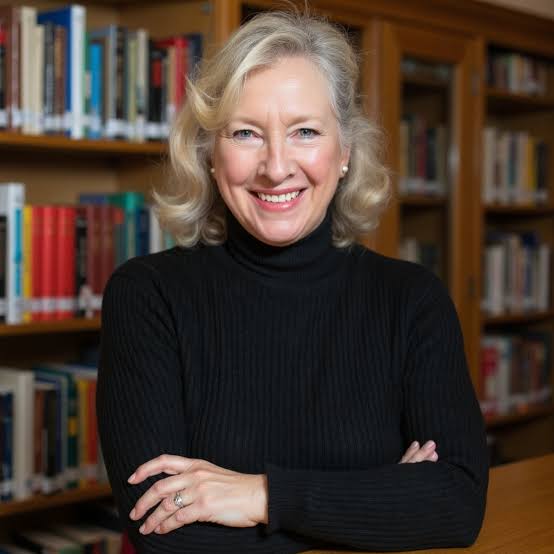
Claire Horton CBE, Director General of Commonwealth War Graves Commission
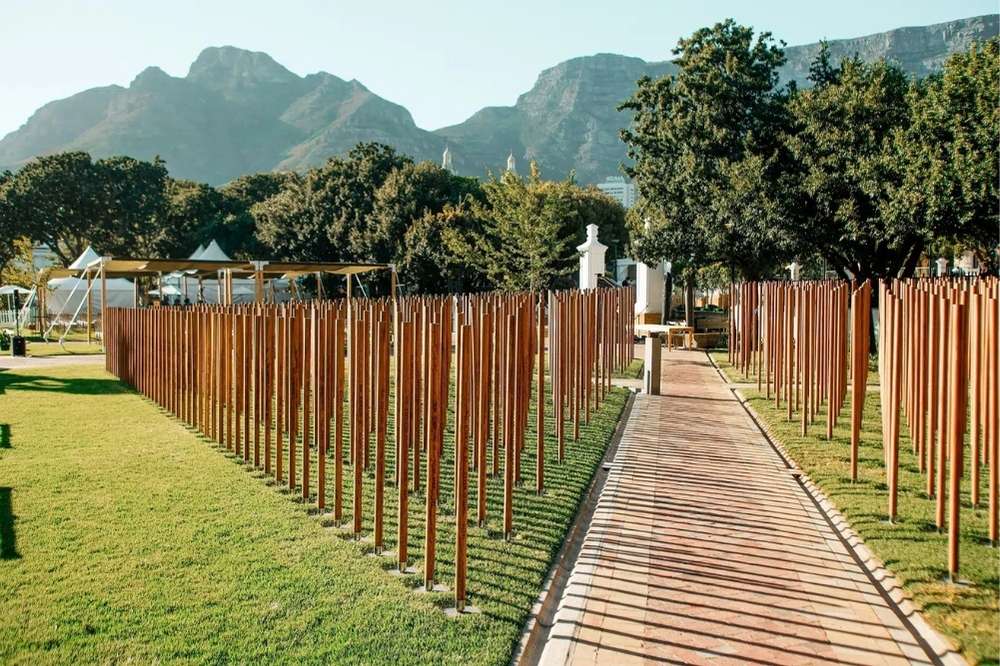
Commonwealth War Graves Commission
